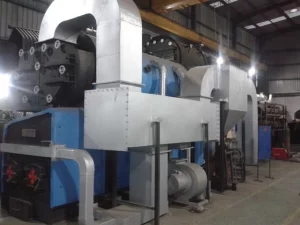Boiler Aging
boiler aging: Like humans, even Steam Boiler ages with time. And it is essential for one to be aware of the changes that Boiler goes through with time. The life cycle of Steam Boiler components is governed by the magnitude of stress, variation in operating parameters, chemical regime during its service life and suitability of materials to sustain those conditions.
IBR Regulation – 391 A
As per IBR Regulation – 391 A, the permissible limits of pressure, creep existence etc. according to the time of operation; have been mentioned for both the smoke tube and water tube boilers. It has been experienced that, there is the considerable gap between the actual need for a particular industry and selection of industrial boilers.

Boiler designing here plays a vital role as the calorific values are also different from the fuels, one for which the boiler is designed and the other on which the boiler is actually operating. Fluctuations in the steam requirements as per the industrial process also compound up to the aging process. As the heat release rates vary accordingly with the requirements, so does the thermal stress cycle produced in the Boiler. Proper Boiler selection by the end user and Flexible working capability of the Boiler as per the calorific values by the design engineer are the areas of paramount importance.
IBR Regulation – 626
Another area of great concern in Steam Boiler Aging is the Water Chemistry. The water being fed for steam generation must be treated accordingly to be maintained within the permissible limits as per IBR Regulation-626, based on the working pressure of the Steam Boiler. Poor quality of water causes erosion (removal of exposed material with time), corrosion (destruction of chemically affected material through oxidation), scaling (reduced heat transfer with time). Installation of De-Mineralization /Reverse osmosis plant comes in handy when tackling this problem.
At Thermodyne, we have successfully installed and commissioned numerous DM/RO/Water Softening Plants to our esteemed clients.
Also Visit Thermodyne Youtube Channel: Thermodyne Boilers
https://contentupgrade.me/2ypMgB4D
Save
Save
Save
Boiler Aging FAQ
IBR regulation 391A is a set of rules and regulations that govern the construction, operation, and maintenance of boilers in India. It was enacted in 1950 and is enforced by the Boiler Inspectorate of India.
Steam aging is a process that occurs when steam comes into contact with metal surfaces. Over time, the steam can cause the metal to become brittle and weaken. This can lead to cracks and leaks, which can be dangerous.
The age of a boiler is determined by the date it was manufactured. Boilers are typically inspected and certified every year, and they must be retired after a certain number of years. The exact age at which a boiler must be retired varies depending on the type of boiler and the regulations in the country where it is located.
IBR 391A table 2 is a table that lists the maximum allowable stresses for different types of boiler materials. This table is used by boiler manufacturers to ensure that their boilers are safe to operate.
The boiler water parameters as per IBR are the chemical and physical properties of the water that is used in boilers. These parameters must be maintained within certain limits in order to prevent corrosion and other problems
The boiler water parameters as per IBR are the chemical and physical properties of the water that is used in boilers. These parameters must be maintained within certain limits in order to prevent corrosion and other problems.
An AAPH tube is a type of boiler tube that is made of austenitic stainless steel. AAPH tubes are resistant to corrosion and are often used in boilers that operate at high temperatures and pressures.
Far far away, behind the word mountains, far from the countries Vokalia and Consonantia, there live the blind texts. Separated they live in Bookmarksgrove right at the coast of the Semantics, a large language ocean.
The penalties for violating IBR regulations vary depending on the severity of the violation. In some cases, violators may be fined or imprisoned.
The Boiler Inspectorate of India has a website that provides information about IBR regulations. You can also contact the Boiler Inspectorate of India for more information
The best practices for maintaining a boiler include:
Regular inspections and maintenance by a qualified technician
Proper operation and use of the boiler
Regular testing of the boiler water
Replacement of worn or damaged parts
Repair of any leaks or other problems





